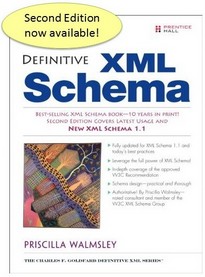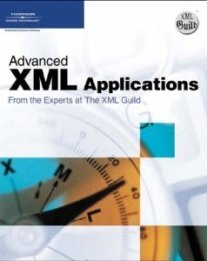gml:TimeCoordinateSystem
A temporal coordinate system shall be based on a continuous interval scale defined in terms of a single time interval. The differences to ISO 19108 TM_CoordinateSystem are: - the origin is specified either using the property gml:originPosition whose value is a direct time position, or using the property gml:origin whose model is gml:TimeInstantPropertyType; this permits more flexibility in representation and also supports referring to a value fixed elsewhere; - the interval uses gml:TimeIntervalLengthType.
Element information
Namespace: http://www.opengis.net/gml/3.2
Schema document: external/ogc/gml/3.2.1/temporalReferenceSystems.xsd
Type: gml:TimeCoordinateSystemType
Properties: Global, Qualified
Content
- Sequence [1..1]
- gml:metaDataProperty [0..*] deprecated
- gml:description [0..1] The value of this property is a text description of the object. gml:description uses gml:StringOrRefType as its content model, so it may contain a simple text string content, or carry a reference to an external description. The use of gml:description to reference an external description has been deprecated and replaced by the gml:descriptionReference property.
- gml:descriptionReference [0..1] The value of this property is a remote text description of the object. The xlink:href attribute of the gml:descriptionReference property references the external description.
- gml:identifier [1..1] Often, a special identifier is assigned to an object by the maintaining authority with the intention that it is used in references to the object For such cases, the codeSpace shall be provided. That identifier is usually unique either globally or within an application domain. gml:identifier is a pre-defined property for such identifiers.
- gml:name [0..*] The gml:name property provides a label or identifier for the object, commonly a descriptive name. An object may have several names, typically assigned by different authorities. gml:name uses the gml:CodeType content model. The authority for a name is indicated by the value of its (optional) codeSpace attribute. The name may or may not be unique, as determined by the rules of the organization responsible for the codeSpace. In common usage there will be one name per authority, so a processing application may select the name from its preferred codeSpace.
- gml:remarks [0..1]
- gml:domainOfValidity [1..1]
- Choice [1..1]
- gml:interval [1..1]
from type gml:DefinitionBaseTypefrom type gml:DefinitionTypefrom type gml:TimeReferenceSystemType
Attributes
| Name | Occ | Type | Description | Notes |
|---|---|---|---|---|
| gml:id | [1..1] | xsd:ID | from type gml:DefinitionBaseType |
Used in
- Type gml:ArrayAssociationType (Element gml:members)
- Type gml:DictionaryEntryType (Elements gml:definitionMember, gml:dictionaryEntry)
Substitution hierarchy
- gml:AbstractObject
- can be substituted with gml:AbstractGML
- can be substituted with gml:Definition
- can be substituted with gml:TimeReferenceSystem
- can be substituted with gml:TimeCoordinateSystem
- can be substituted with gml:TimeReferenceSystem
- can be substituted with gml:Definition
- can be substituted with gml:AbstractGML
Sample instance
<gml:TimeCoordinateSystem gml:id="ID"> <gml:metaDataProperty> <gml:GenericMetaData>Any text, intermingled with: <!--any element--> </gml:GenericMetaData> </gml:metaDataProperty> <gml:description>string</gml:description> <gml:descriptionReference/> <gml:identifier codeSpace="http://www.example.com/">string</gml:identifier> <gml:name>string</gml:name> <gml:remarks>string</gml:remarks> <gml:domainOfValidity>string</gml:domainOfValidity> <gml:originPosition>12:00:00</gml:originPosition> <gml:interval unit="year">1.0</gml:interval> </gml:TimeCoordinateSystem>



